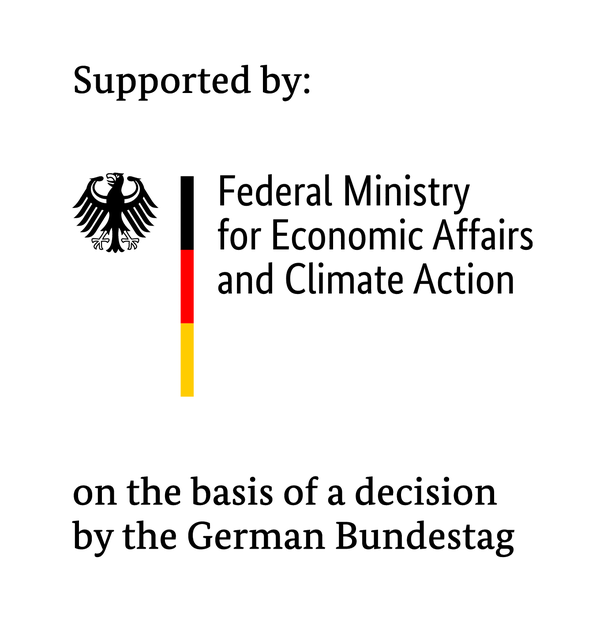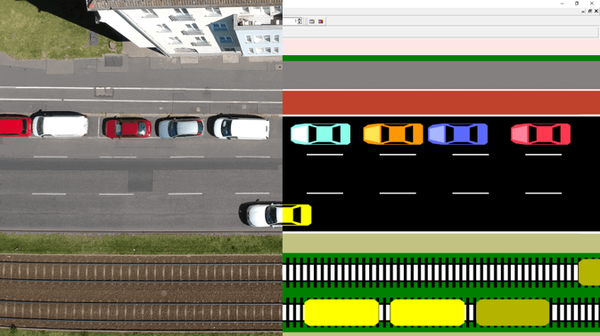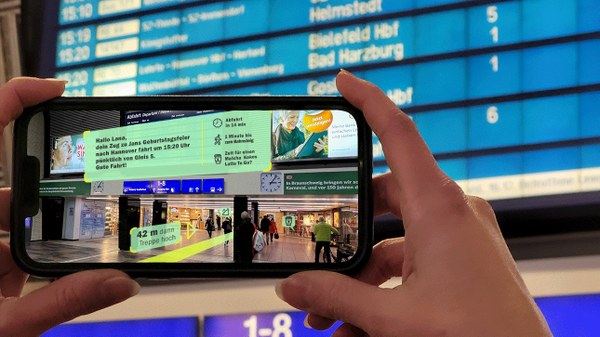ReTraSON – Infrastructural transformation in south-east Lower Saxony
The ReTraSON project is developing a strategy for active regional transformation in south-east Lower Saxony in order to overcome structural change and ecological and social challenges through sustainable and integrated mobility and business.
"Where there's change, there's opportunity." (Jack Welch) - In order to tackle structural change and other current ecological and social challenges, a strategy is being developed in the "Infrastructural transformation" field of action to actively shape the regional transformation. The strategy is based on empirically tested modules of measures for infrastructural and other related areas of action. It is intended to support regional decision-makers in south-east Lower Saxony in developing and strengthening their economy and sustainable mobility in a strategic and integrated manner. To this end, it works together with the results of the three other fields of action "Technological transformation", "Future of work" and "Transformation of business models".
The DLR Institute of Transportation Systems supports the process of strategy development for infrastructural transformation from the identification of visions and goals to researching the effectiveness of measures (modules) and the selection of measures. Two central institute competences are used for this: on the one hand, SUMO as the basis for analysing potential and, on the other, creative participation and co-creation strategies. Future Headlines, Lego Serious Play or 3D prototyping are conceivable ways of developing new ideas. Analytical tools such as the six-hat method or persona utilisation based on design thinking can help to test ideas.
Over the last few years, the entire region of south-east Lower Saxony has been challenged in many ways by new framework conditions. In economic terms, the region is facing a major structural change driven by new technologies such as electrification, digitalisation and fields of application such as autonomous driving. This is shaping developments in the automotive and supplier industry: product portfolios are changing significantly, which is causing upheavals in manufacturing modes, production processes and sales strategies. In terms of ecological sustainability, alternative drive types require the expansion of corresponding energy sources and the reorganisation of energy distribution to users. At the same time, the German Federal Climate Protection Act stipulates that greenhouse gas emissions in the transport sector must be reduced to 85 million tonnes of CO2 equivalent by 2030, a reduction of 48% compared to 2019 (see Federal Environment Agency 2018). Socially, the mobility behaviour of the population has changed throughout Germany in recent years, with motorised private transport being used for 3% fewer journeys in 2017 than in 2002 (see Federal Ministry of Building, Transport and Urban Development (2008), Federal Ministry of Transport and Digital Infrastructure (2017)). Mobility requirements have also changed once again since the Covid-19 pandemic and the new work and presence cultures that came with it. In order to continue to visibly consolidate the South-East Lower Saxony region as a technology driver in the European mobility industry, it is necessary to respond to these changing conditions. Solutions for transformation must be found that correspond to the diversity of regional mobility requirements and the settlement structure. To this end, an approach is being developed together with stakeholders in the region who are interested in shaping the future of the regional mobility and energy infrastructure. To this end, the extent to which mobility modes such as public transport and active mobility can contribute to sustainably strengthening the economy and mobility in south-east Lower Saxony will also be analysed.
Duration:
10/2022 to 06/2025
This project is managed by the departments:





